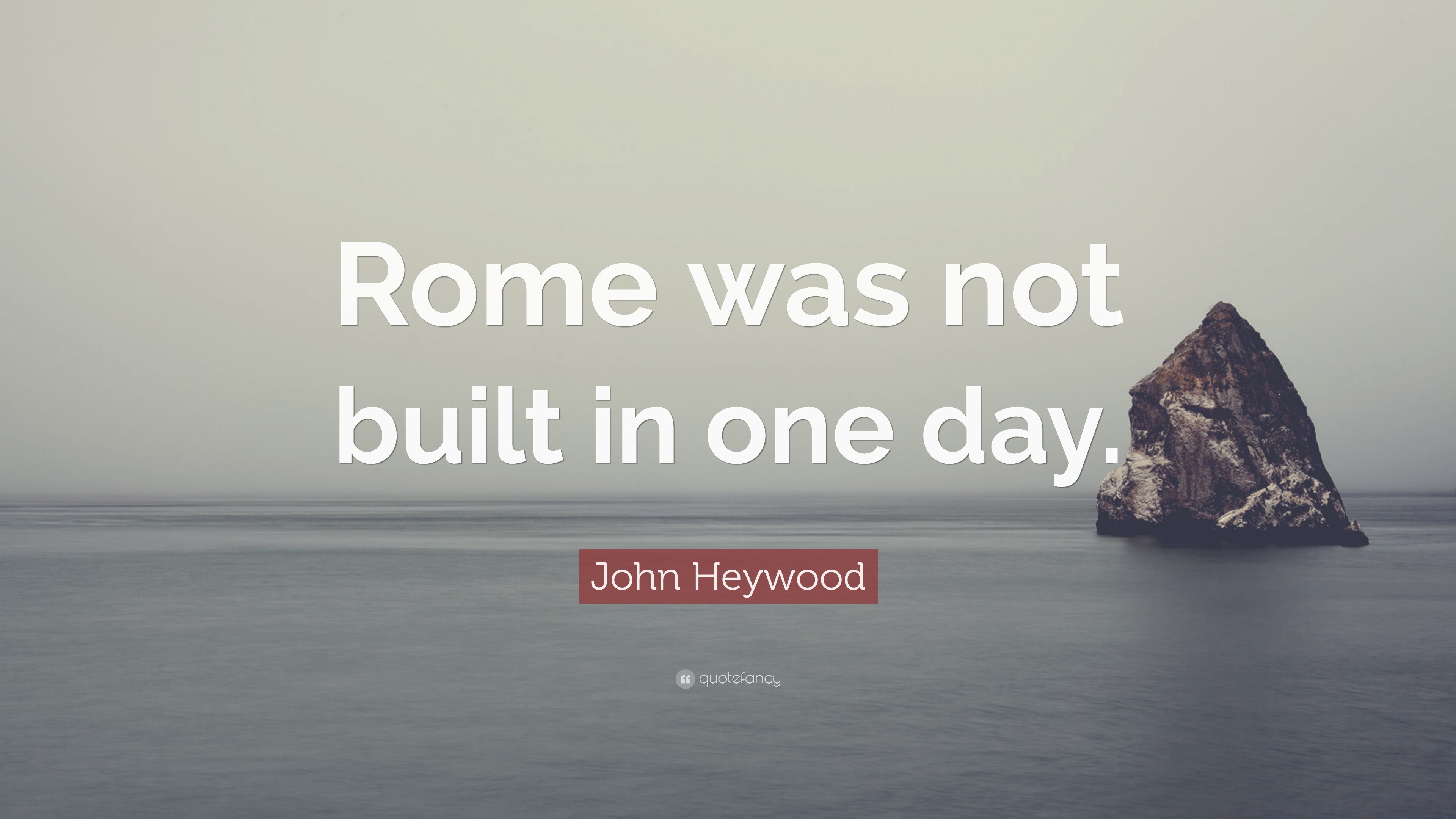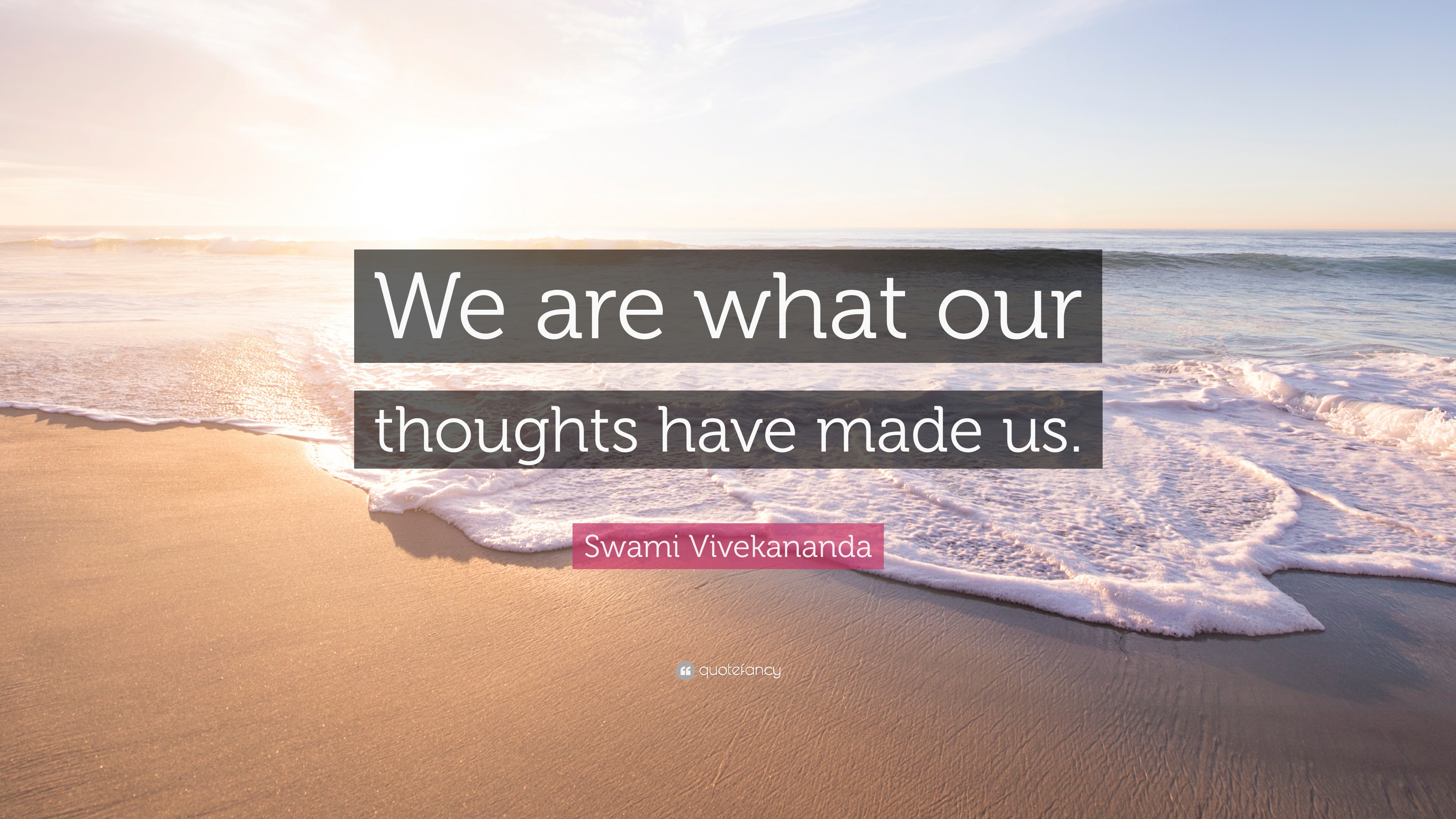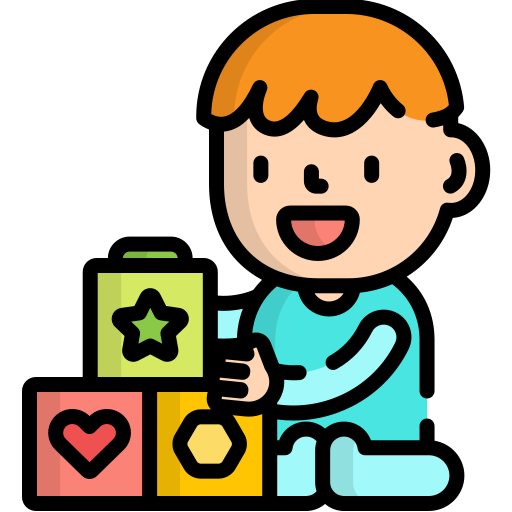
Being a parent is one of the most rewarding experiences in life. It’s a choice that many people make, and for good reason. Research has shown that having children can actually make you happier overall. So, if you’re facing the decision of whether or not to have a baby, here are four key reasons why babies make you happy.
First and foremost, having a baby means experiencing a kind of love and joy that you’ve never felt before. The unconditional love that you feel for your child is unlike anything else in the world. It’s a love that knows no bounds and lasts a lifetime. The bliss of seeing your baby’s first smile or hearing their first giggle is something that can’t be fully described in words.
Secondly, researchers have found that parenting brings a sense of purpose and fulfillment to life. When you become a parent, your priorities shift and your focus becomes centered around your child’s well-being. This newfound sense of responsibility provides a deep sense of meaning and satisfaction.
Moreover, studies have revealed that women who have children report higher levels of happiness compared to those who don’t. In fact, one study showed that the percentage of women who said they wouldn’t want to live without children was higher than the percentage of women who said the same about their partners. This means that having children can bring a level of happiness that even a romantic partner can’t provide.
Finally, being a parent means that you have the opportunity to shape and mold a new generation. You have the chance to pass on your values, beliefs, and life lessons to your child. This sense of legacy and the knowledge that you’re making a positive impact on the world can bring about a deep sense of fulfillment.
So, if you’re thinking about starting a family, don’t let the worries and challenges of parenthood deter you. The happiness and fulfillment that comes with being a parent far outweighs any difficulties you may face. It’s a decision that will bring you years of joy and love.
Contents
- 1 Reasons Why Babies Make You Happy
- 2 Facing Regret
- 3 Take-Away Baby Bliss Lasts for a Short Time
- 4 A Surprising Result: The Parenthood Paradox
- 5 Does Having a Baby Really Make Parents Happy?
- 6 What Becoming a Parent Really Does to Your Happiness
- 7 Does Having Children Make People Happier in the Long Run?
- 8 Key Points: The First Year Tends to be Great. The Fifth, Not So Much.
Reasons Why Babies Make You Happy
Becoming a parent is a life-changing experience that goes beyond words. For many women, the joy of having a child is something they have always felt in their hearts. The love and connection between a mother and her child is a bond that cannot be broken.
The Joy of Parenthood
Having a baby brings a new level of happiness that is hard to explain. It’s like a drop of parental bliss that makes everything else in life seem insignificant. The happiness that comes with parenting doesn’t last just for a short time, but it tends to have long-lasting effects on a person’s overall well-being.
Research has found that the happiness experienced by parents is not solely due to hormonal changes or societal pressures. It is a genuine joy that comes from being a parent and the love and fulfillment it brings.
Surprising Findings
Contrary to popular belief, studies have shown that having children actually makes people happier. While it may seem like having children would add stress and responsibilities, researchers have found that parenthood brings a sense of purpose and fulfillment that can’t be achieved through other activities or accomplishments.
One study revealed that couples who have children experience more happiness and satisfaction in their marriage compared to those who are child-free. The presence of children strengthens the bond between partners and creates a shared sense of joy and purpose.
The Healing Power of Parenthood

Interestingly, becoming a parent also has healing effects on individuals. The experience of having a child somehow heals the wounds from a person’s past and brings a sense of wholeness and completion.
For those who have struggled with feelings of annihilation or emptiness, having a baby can help fill that void and bring a new level of happiness and contentment. It’s a paradox that the act of creating a new life can bring so much healing and joy.
So, if you’re considering becoming a parent or already are one, here’s some advice: cherish every moment with your little one. The love and happiness you’ll experience will surpass anything else in life, and you won’t regret choosing to embark on this incredible journey of parenthood.
Facing Regret

While many parents report feeling happier after having a baby, there is a percentage of women who reflect on their decision to become a parent and feel regret. Surprisingly, studies have revealed that this percentage is not marginal. In fact, some studies have shown that up to five years after becoming a parent, around 20% of women experienced regret about having a baby.
So why do some women regret becoming a parent? There could be several factors at play. First, society often portrays parenthood as the key to happiness, and women may feel pressure to conform to this expectation. However, once they have a baby, they may realize that it doesn’t automatically make them happier or fulfilled.
Effects of Childlessness
Additionally, women who are childless may romanticize the idea of parenthood and assume that having a baby would bring them the happiness they desire. However, when they actually become parents, they may find that being responsible for another human being is not as blissful as they imagined.
Furthermore, the decision to have a baby is a significant one that impacts every aspect of life. Some women may feel overwhelmed by the loss of freedom, time, and personal interests that comes with becoming a parent. They may feel like their identity and individuality are being annihilated, and this can lead to feelings of regret and dissatisfaction.
Healing and Moving Forward
If you find yourself experiencing regret after having a baby, know that you are not alone. Many others have gone through similar emotions and have found ways to heal and move forward.
It’s important to remember that regretting the decision to have a child doesn’t mean you don’t love your baby or that you are a bad parent. It just means that the reality of parenthood may not align with your expectations or personal desires.
Take the time to reflect on what truly makes you happy and fulfilled. Seek support from loved ones, friends, or professionals who can offer guidance and understanding. Consider adjusting your expectations and finding ways to prioritize self-care and personal interests within the constraints of parenthood.
| Points to Consider: |
|---|
|
Take-Away Baby Bliss Lasts for a Short Time
When you become a parent, the joy and happiness that a baby brings into your life is undeniable. However, research has shown that this blissful feeling may only last for a short period of time.
A study conducted by researchers found that the happiness experienced by new parents typically declines after the birth of their first child. It seems like the joy and fulfillment that comes from having a baby is not a long-lasting emotion.
In fact, one research study reported that the happiness level of couples decreased by a significant percentage after having a child. The study revealed that the fourth year of parenting is typically the least happy time for couples, with a fifth of participants even regretting their decision to have a child.
It may be surprising to think that such a life-changing event like becoming a parent can have a negative impact on happiness. Many people assume that having a baby automatically makes you happier, but that might not be the case for everyone.
So why does this paradox exist? Researchers suggest that the large amount of time, energy, and responsibility that comes with parenthood can take away from the activities and experiences that used to bring happiness. The day-to-day tasks of raising a child can be overwhelming and exhausting, leaving little time for self-care and personal fulfillment.
Not only does parenting require a significant amount of time and effort, but it also tends to put a strain on relationships. The demands of parenting can create tension and conflicts between partners, leading to unhappiness and dissatisfaction in the marriage.
But it’s not all doom and gloom. While the initial bliss of having a baby may not last, many parents find that the joy and fulfillment they derive from parenthood come from a deeper, more meaningful place. The love and bond they develop with their child can outweigh the challenges and sacrifices that parenthood brings.
It’s also worth noting that the research focused on a specific time period after the birth of the first child. As children grow older and become more independent, parents may find that their happiness levels increase once again.
So, if you’re facing the short-lived bliss that comes with having a baby, here’s some advice: cherish those precious moments, take time for yourself whenever possible, and don’t be too hard on yourself when things don’t go as planned.
In the end, the happiness that comes from being a parent is a complex and nuanced emotion. It may not always feel like the pure bliss you see in movies or hear from others, but it’s a unique and fulfilling experience that can bring immense joy, love, and personal growth.
A Surprising Result: The Parenthood Paradox
Research suggests that becoming a parent doesn’t necessarily make you happier, and in some cases, can even lead to decreased levels of happiness. This finding, also known as the Parenthood Paradox, goes against society’s common belief that having children is a key to happiness.
While having children brings joy and fulfillment to many parents, the happiness they experience often tends to be temporary and is offset by the challenges and responsibilities of raising a child. In fact, some studies have revealed that parents are only marginally happier than those without children.
Participants in the research have reported that they feel more stressed, tired, and have less time for activities they once enjoyed. The demands of parenting can often take away from personal and couple time, leaving parents with less opportunities for self-care and relaxation.
On the other hand, those who choose to remain child-free tend to be happier overall. They have more time and freedom to pursue their own interests, have more financial resources, and can focus on their own relationships and personal growth. Decisions such as these are deeply personal and should be respected by others.
However, it’s important to note that the decision to become a parent is a deeply individual one, and while research suggests that it may not lead to long-term happiness, many individuals still find immense joy and satisfaction in their role as a parent. The benefits of parenting can extend beyond personal happiness and include personal growth, building a strong bond with a child, and contributing to the next generation.
So, if you’re thinking about becoming a parent, it’s crucial to consider all aspects and weigh the potential happiness against the challenges and sacrifices that come with the role. Society tends to glorify the idea of parenthood, but it’s important to remember that it’s not the only path to fulfillment and happiness.
Ultimately, the decision whether to have children or not is a personal one, and there is no right or wrong answer. Each individual and couple must determine what brings them the most joy and satisfaction in life.
The take-away from this research is that being a parent doesn’t automatically make you happy, and being childless doesn’t automatically make you unhappy. Happiness is a complex and individual experience that goes beyond societal expectations and norms.
Does Having a Baby Really Make Parents Happy?
When it comes to the topic of happiness, many people believe that having a baby is the key to eternal bliss. However, is this really the case? Does having a baby truly make parents happier?
While some studies suggest that parents are generally happier compared to their childless counterparts, the effects may not be as clear-cut as they first appear. Let’s take a closer look at five key points to consider:
1. The Happiness Marginally Increases, But…
Research has revealed that although parents report a higher level of happiness, the increase is only marginal. While having children does have the potential to bring joy, it does not guarantee a lifetime of eternal happiness.
2. The Long-Term Happiness Fall
Although parents may experience an initial surge of happiness after having a baby, studies suggest that this feeling does not last in the long run. The newness wears off, and the everyday challenges of parenting can take a toll on overall happiness.
3. Parenting Can be Challenging
Parenting is not all blissful moments and picture-perfect activities. It often involves sleepless nights, constant worry, and sacrificing personal time. These challenges can result in a decrease in happiness for some parents.
4. The Healing Effect of Parenthood

On the other hand, some studies suggest that the happiness levels of parents tend to rebound after the first year. As parents adjust to their new roles and learn to manage the challenges, they may find fulfillment and happiness beyond what they initially expected.
So, what’s the take-away from all of this? Having a baby can bring happiness, but it may not necessarily make you happier in the long run. Society often portrays parenthood as the ultimate source of fulfillment and happiness, but the reality is more complex.
For those who are childless, it doesn’t mean they will never experience happiness or fulfillment. Happiness can be found in various aspects of life, beyond having children.
Ultimately, the decision to have a child should be based on personal desires and values, rather than solely on the notion of becoming happier. It’s essential to consider all aspects of parenthood and how it aligns with your own goals and happiness.
What Becoming a Parent Really Does to Your Happiness
Becoming a parent is a life-changing experience that can bring great joy and fulfillment. While parenting can be challenging at times, it has been found to have a positive impact on overall happiness. Here’s what research suggests about the effects of parenthood on happiness:
1. Parenthood leads to happiness:
Studies have shown that although the first year of parenting can be demanding and exhausting, the overall level of happiness tends to increase. In fact, research has revealed that becoming a parent often results in a higher level of happiness compared to those who remain childless.
2. Parenting brings a sense of purpose:
Raising a child gives meaning and purpose to one’s life. It provides a sense of fulfillment that goes beyond one’s own personal happiness. Many parents report feeling a deep sense of joy and fulfillment in watching their child grow and develop.
3. The paradox of happiness:
While parenting can be demanding and there may be moments of frustration or stress, it is often those challenging moments that bring the most happiness. Research suggests that the ups and downs of parenting actually contribute to a greater overall sense of happiness.
4. The benefits of parenting extend beyond happiness:
Beyond happiness, becoming a parent also brings a range of other benefits. Research suggests that parenting can improve decision-making skills, increase empathy and compassion, and even heal old wounds from one’s own childhood.
So, what does becoming a parent really do to your happiness? It increases it. Having a baby may result in a temporary drop in happiness levels initially, but in the long run, most parents report being happier overall. It is a choice that brings fulfillment, purpose, and a sense of joy that is hard to find elsewhere.
Although everyone’s experience with parenthood is unique, it is clear that being a parent tends to make people happier. So, if you’re thinking about starting a family, don’t let fears of how it may impact your happiness hold you back. The joys of parenting far outweigh any temporary challenges that may come along the way.
Does Having Children Make People Happier in the Long Run?
Many people believe that having children will bring them happiness and fulfillment. However, a study suggests that this may not always be the case. In fact, research has shown that parental happiness tends to be short-lived and may even decrease in the long run.
One study revealed that while new parents experienced a surge of happiness in the first year of their child’s life, this bliss tends to drop off after that initial period. In fact, the study found that overall happiness levels among parents fell to where they were before having children.
This finding may seem paradoxical, as society often portrays parenthood as a source of joy and fulfillment. However, the study suggests that the pressures and responsibilities of being a parent can take a toll on overall happiness. The study also points to the effects of societal expectations and the choices individuals make regarding childlessness or becoming child-free.
Participants in the study reported feeling overwhelmed and faced with new challenges they had never experienced before. Many also expressed feelings of regret and a sense that they had given up on other goals and dreams in order to have children.
While some participants did find fulfillment and happiness in being a parent, others reported feeling trapped or unfulfilled. This suggests that the impact of parenthood on happiness can vary greatly from person to person.
So, does having children make people happier in the long run? The research suggests that it may not be the case for everyone. While becoming a parent can bring moments of joy and happiness, it is not a guarantee of lasting fulfillment. It ultimately depends on individual circumstances, personal preferences, and how well one can manage the challenges and sacrifices that come with being a parent.
Whatever choice you make regarding parenthood, it’s important to consider your own happiness and fulfillment. Having children should not be seen as a means to an end or a prerequisite for a happy life. Happiness can be found in many different paths and what works for one person may not work for another.
In the end, it’s important to remember that happiness is a subjective experience. Whether or not having children makes someone happier in the long run is a deeply personal question that each individual must explore and decide for themselves.
Key Points: The First Year Tends to be Great. The Fifth, Not So Much.
Research suggests that the first year of parenthood tends to bring a sense of joy and fulfillment. However, after the initial excitement wears off, some parents may face challenges and experience a drop in happiness levels.
A large study found that while becoming a parent initially makes people very happy, the overall level of happiness tends to bounce back to pre-parenthood levels within five years.
This finding may seem surprising, but it is not entirely unexpected. Parenthood brings a mix of positive and negative experiences, and the demands of raising a child can sometimes outweigh the joy it brings.
For some couples, the decision to have children may result in a drop in overall life satisfaction. The study suggests that the effects of parenthood on happiness level can vary depending on individual circumstances and choices.
The Paradox of Parenthood
Although having children can bring immense joy and fulfillment, it also comes with challenges and sacrifices. It is a paradox where the highs can be incredibly rewarding, but the lows can be equally challenging.
Some women may feel pressure from society to become mothers, and the decision to have children may not always align with their true desires. This can lead to feelings of resentment and loss of personal identity.
Furthermore, the demands of parenting can sometimes strain relationships with partners, leading to conflicts and unhappiness in the marriage or partnership.
Managing Parenthood and Finding Joy
While the fifth year of parenthood may not be as blissful as the first, it doesn’t mean that happiness cannot be found beyond that point. Many parents learn to manage the challenges and find joy in new ways.
It’s important to remember that every parent’s experience is unique, and what works for one may not work for another. Taking care of oneself and seeking support from others can help in navigating the ups and downs of parenthood.
Engaging in activities that bring personal fulfillment and maintaining a strong support network can also contribute to overall happiness and well-being. Making conscious decisions about parenthood and finding a balance between personal and family life is essential.
So, while the first year of parenthood may be filled with overwhelming love and joy, the fifth year may bring challenges along the way. However, with self-care, support, and conscious decisions, it is possible to find fulfillment and happiness throughout the journey of parenthood.
